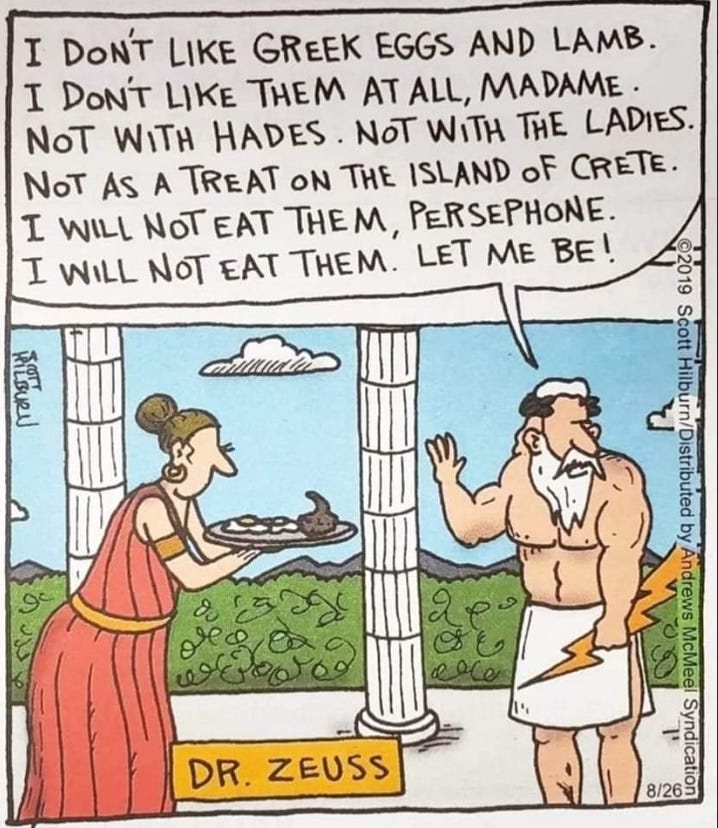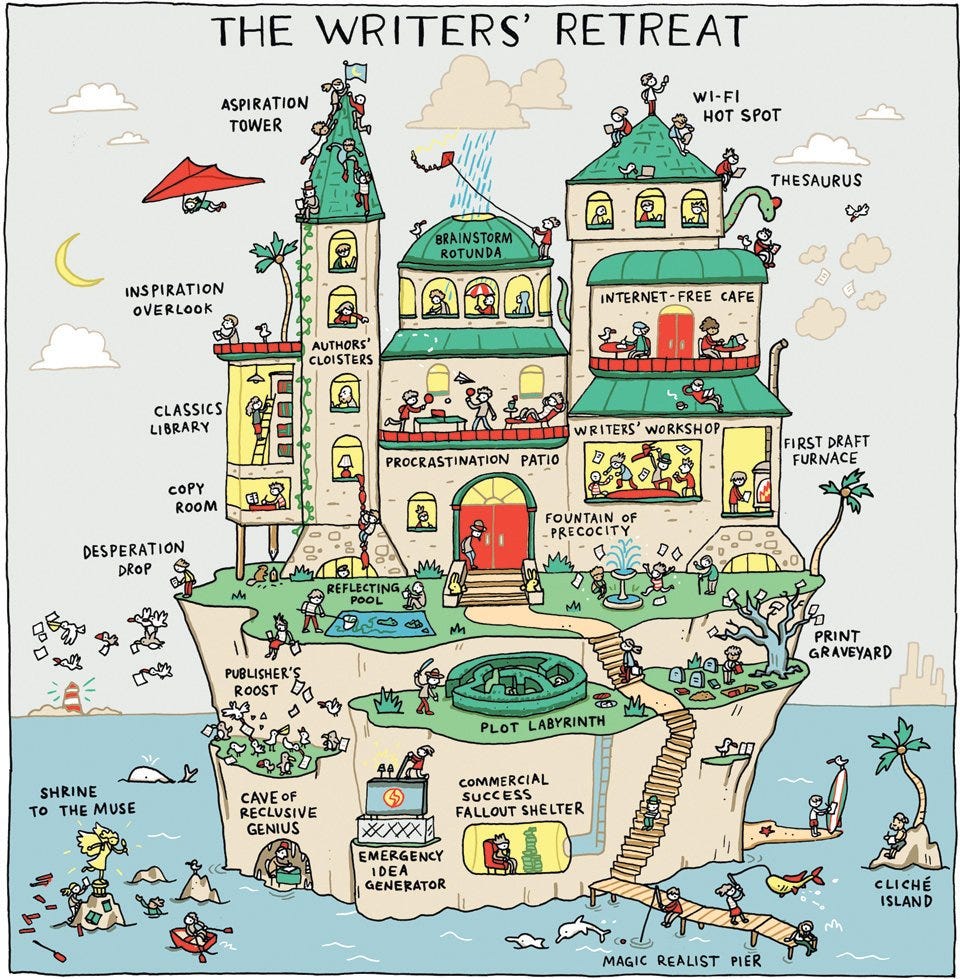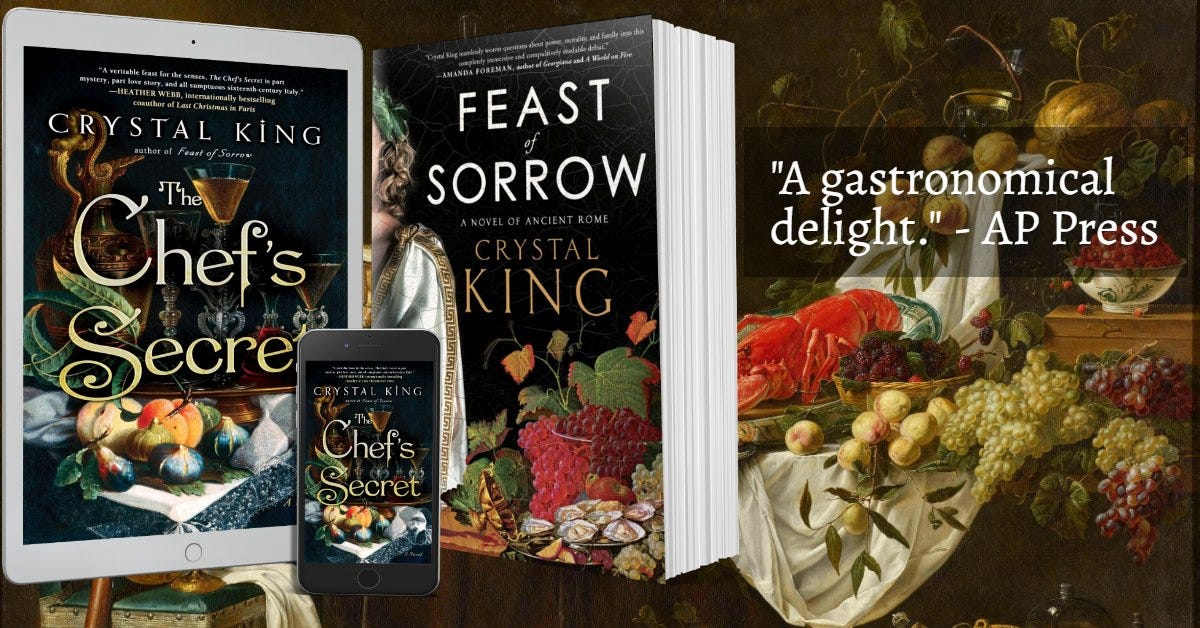
At the beginning of the summer, on the first of June, I went to the doctor to get a routine mammogram. I hadn’t had one in ten years because the last one had been so painful that I avoided it until my primary care doctor convinced me that the machines were better, and it wouldn’t be so bad. So I went.
On my way home, I was driving by the backside of the MFA (Museum of Fine Arts) when my phone rang. It was the doctor’s office. Alarmed, I pulled into the circular drive of the MFA and took the call.
“We’d like you to come back. Just for a few extra tests.”
Come back?
When I returned to the office, the once jovial secretary had turned somber. “Go ahead and have a seat and I’ll be right with you.” And she was, a moment later, with a hospital bracelet that she wrapped around my wrist. I was too stunned to ask why. I would find out shortly when I was asked to lay down on a low table in a dark room, topless, while an ultrasound technician ran scans of my chest. She didn’t explain much. She didn’t need to. I spent the time lying there, trying hard not to cry.
A doctor came in and reviewed the scans. Next thing I knew I was in another room, lying on my side while a nurse held my hand (I gave up trying not to cry) and a young internist dug a hole toward the small tumor in my breast while the doctor looked over his shoulder.
Surely, I thought, it would be benign. In my day job, I work for a software company and have begun teaching people about AI. So of course, when I got home that afternoon, I asked ChatGPT about the process.
I understand you're going through a tough time, and I'll do my best to provide you with some useful information. Keep in mind, though, that every individual's case is unique, and the outcomes can be influenced by many factors.
A weekend of waiting in dread came and went. On Monday the 4th, I had the final word that I had a deal with MIRA Books for two novels, including IN THE GARDEN OF MONSTERS. A momentary high.
On June 5th, I spent my 52nd birthday hoping I wouldn’t get word that I had cancer.
At 6:30 AM on June 6th, I saw a letter in my online portal. They had warned me that the letter would come in before I could talk to my doctor and that I should not read it and instead wait for the phone call. Um. No. Of course, I read it! I mean, who wouldn’t have?
It said what I thought it would, based on the way they so urgently had me return for the biopsy.
INVASIVE DUCTAL CARCINOMA, moderately differentiated (modified Bloom-Richardson grade II/III: tubule score=2, nuclear score=2, mitoses score=2), up to 1.1 cm.
And more stuff that made no sense to me, except in this case, “no” sounded extraordinarily positive.
No lymphovascular invasion is present.
No definite in situ carcinoma is present.
Immunoperoxidase studies were performed on formalin fixed tissue with the following results for invasive carcinoma (block A1): ESTROGEN RECEPTOR POSITIVE (>95% strong) PROGESTERONE RECEPTOR POSITIVE (>95% strong) HER2/NEU NEGATIVE (1+)
Did I wait for my doctor to explain? No. I turned once again to ChatGPT.
I understand that these results can be quite overwhelming and I'll do my best to help you understand them.
Invasive Ductal Carcinoma, moderately differentiated (modified Bloom-Richardson grade II/III: tubule score=2, nuclear score=2, mitoses score=2), up to 1.1 cm. This indicates that the biopsy has shown an invasive (meaning it has the potential to spread) form of breast cancer called ductal carcinoma, which starts in the milk ducts. The "moderately differentiated" part means that the cancer cells still somewhat resemble normal breast cells, which can be a slightly better prognosis than poorly differentiated cells. The Bloom-Richardson grade is a system used to grade breast cancer based on three factors: tubule formation, nuclear pleomorphism, and mitotic count. Each is given a score from 1 to 3, and the scores are added up to give a final grade out of 9. Your scores total to 6, which is grade II (intermediate grade) on a scale of I (low grade, tends to grow slowly) to III (high grade, tends to grow more quickly)…
Who could have predicted that on one of my worst days ever, my new best friend would be a fucking artificially intelligent bot that helped me understand one of the most awful things that had ever happened to me?
I didn’t talk to a doctor until 4:30 PM. But by the time I did, I had my emotions (sort of) in hand and could ask smarter questions about my situation. Doctors are great at explaining a bit and then answering questions you might have, but not necessarily offering a whole picture. This time, it was ok, though, because of ChatGPT and a phone call to one of my dearest friends who had already gone through this a few years before. It enabled me to look through a big, wide window into what I was facing.
The next day, I boarded a plane to San Antonio to go to the Historical Novel Society Conference where I would be speaking. I made my plans for surgery when I was on a layover in the Delta Lounge in Atlanta.
Let me fast forward. You don’t really want to hear about the surgery, the long wait between surgery and radiation (and the depression that came with it), and the eighteen awful days of radiation (being fair-skinned made it especially challenging and painful) that dominated my summer and early fall.
Unlike so many people, I was lucky. The tumor was small; they caught it early, in Stage I. I’ve gone through all the treatments and am now considered essentially cancer-free. This week, I began taking an immunotherapy drug I’ll be ingesting daily for the next five years. It will supposedly reduce my chances of cancer returning to just 3%. I might have debilitating joint pain and osteoporosis as a side effect, but hey, I’ll be alive. Incidentally, if anyone has had a positive experience taking anastrozole, let me know because googling it does not give me hope about the side effects.
Living in Boston means I have access to some of the best doctors in the country. I couldn’t have been in better hands for my surgery at Mass General Hospital. However, I opted to do my radiation at Mount Auburn Hospital as it was closer than having to deal with getting downtown every day, M-F. But how fitting was it that my radiation was done at the Hoffman Breast Center, named after Alice Hoffman, an author who has been a long-time inspiration for me? Years ago she donated her book advance from the story collection, Local Girls, to help create the Center.
I’m only just now starting to talk about it, the whole cancer thing. I told a few good friends (and one of my dearest friends walked the path with me as she grappled with a return of ovarian cancer), and I told my sister (because she definitely needed to know), and a handful of colleagues who needed to understand how treatment might impact my work. I didn’t even tell my parents until I was done with radiation. They have their own worries. And for the most part, I didn’t know how to talk about it when I was dealing with the diagnosis and treatment. Part of that is because people don’t know what to say, making it strange and awkward. Vlogbrother and fellow novelist Hank Green had cancer this summer, too, and he talks about that weirdness in this video, and in particular, why saying (although very well-meaning!), “Please let me know what I can do to help,” is the very last thing you should say to someone with cancer (or any type of illness).
Another reason I didn’t talk about my cancer was because, quite irrationally, it felt like I had failed. And I didn’t want anyone to know I was a failure.
I know, right?
I'm truly sorry to hear that you've been feeling this way. It's important to remember that a cancer diagnosis is not a failure on your part. Cancer is a complex disease with many factors that are beyond an individual's control. Your diagnosis does not reflect any personal shortcomings or failures.
Thanks ChatGPT.
But I had failed. I had failed to take care of my body. Over the decades I gave in, over and over to the general excesses readily available to Americans. While I eat very little processed food, my diet has been bolstered by too many simple carbohydrates and a love of sweet things. It apparently takes five to ten years for a tumor to grow large enough to be noticed. I keep thinking back to what was going on in my life around that time, and I was going through a lot of stressful things: horrible, belittling bosses at my jobs prior to my current, much-loved one; job insecurity; and perimenopause symptoms including a severe lack of sleep for well over a year. A lot of that was not my fault. But the way I handled it—with food as a comfort device—was. All of that was a massive whirlwind of stuff that apparently took a serious toll on my body.
I had long known I should do something to become healthier. I shouldn’t have waited until cancer kicked me in the ass. Incidentally, I highly recommend Dr. William W. Li’s book How to Beat Disease to anyone wanting to avoid having a similar wake-up call.
Pink appeared everywhere a year ago in October, as it does every time Breast Cancer Awareness Month rolls around. I distinctly remember watching some commercial on TV and thinking, I’ll never have to worry about that. It doesn’t run in my family. Then I thought to myself how I probably had jinxed myself with that thought.
Oh Crystal, you idiot.
It’s October again, and my life is drastically different than it was a year ago. Things around me may appear the same, but I’m not the same at all. I have a new outlook toward the future and a chance to do things differently. A chance to view my world through a different lens.
In the US, about 240,000 breast cancer cases are diagnosed yearly in women and about 2,100 in men. Katie Couric recently reported that young women in particular are seeing a big uptick in cancer rates.
Between 2010 and 2019, diagnoses among people aged 30 to 39 increased 19.4 percent. Among those aged 20 to 29, the increase was 5.3 percent.
About 42,000 women and 500 men in the U.S. die each year. Black women have a higher rate of death from breast cancer than all other women.
This year, I can’t shrug off another pink ad. It happened to me. I hope it never happens to you.
If you really want to help make a difference, you can give to the
Breast Cancer Research Foundation here.
Ok, enough gloom. I am ready to emerge from under that weighted blanket and begin the next, very different chapter of my life. Instead, let’s talk about:
What’s Bringing Me Joy This Week
I saved this maybe a decade ago and just ran across it again. A bit of sleuthing helped me find that it’s by artist Grant Snider at Incidental Comics. You can even purchase a poster of this at his site here. He has some amazing comics on his site…definitely check him out!
Thanks for Joining Me
If you love food and love Italy, and haven’t read THE CHEF’S SECRET or FEAST OF SORROW, click the links to learn where to buy your copy! 🍒🍗🍷
You can also follow me in these places too:
Website | Instagram | Facebook | Mastodon | Threads









Crystal! I am so sorry this happened, and so very VERY glad you are OK. I understand why you didn't want to share your story as it unfolded, but I'm very glad that you did now. Please, please don't beat yourself up over it, though. Yes, there are lifestyle choices (and factors that aren't really choices, i.e. stress) that contribute to cancer risk. But as I understand it, whether or not someone gets cancer is far more about genetics and luck. Be kind to yourself, and keep kicking ass.
My dear, sweet Crystal. I'm so glad to hear you're cancer free. And because I think you deserve to hear it from someone besides ChatGPT, you are neither a failure nor an idiot. Truly. The list of risk factors for breast cancer is so long and far reaching that doctors might as well just say life is the risk factor. I get looking back and feeling regret about not plucking any risk factors you had control over as if they were weeds, but there are people in my circle who got cancer with no clear weeds. This is not your fault.